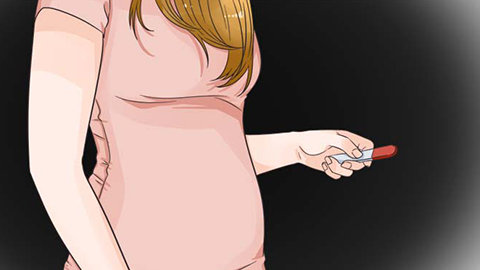Can patients with Kabuki syndrome have children?
Kabuki syndrome, also known as Kabuki mask syndrome, refers to a condition where patients may possess reproductive capability, yet face considerable genetic risks and potential impairment of fertility. If concerns exist, seeking medical consultation in advance is recommended. Detailed analysis is as follows:

Kabuki mask syndrome is an X-linked recessive genetic disorder. If one of the parents carries the disease-causing gene, there is a risk that their children may inherit the condition. Particularly when the father carries the disease-causing gene and the mother is unaffected, male fetuses have a 50% probability of inheriting the disease-causing gene from the father, thus developing the disease. This genetic risk necessitates special caution when patients consider having children.
Additionally, patients with Kabuki mask syndrome may have multiple congenital malformations, including developmental abnormalities of organs such as the skeleton, heart, and liver, which may affect the patient's fertility. Moreover, neurological symptoms such as intellectual disability may also influence the patient's willingness and ability to reproduce.
Couples planning to have children are advised to undergo genetic counseling to assess reproductive risks and understand possible preventive measures. This can help couples better understand their own and their family's genetic background, thus enabling them to make informed reproductive decisions.






